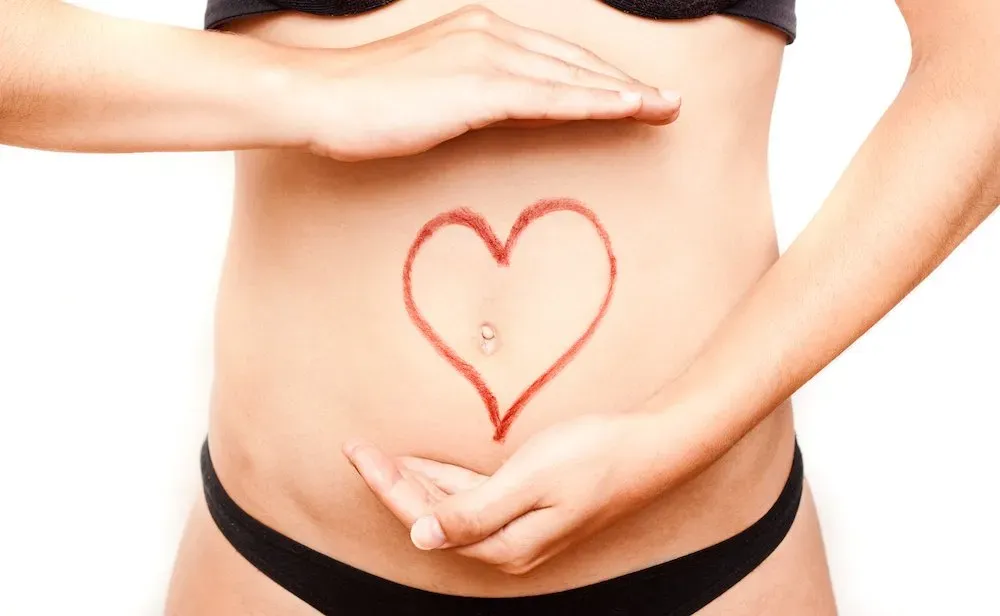
If you experience urinary incontinence issues or are a caregiver for someone with incontinence issues, you hav
Maintaining a Healthy Weight
Weigh loss has been proven to significantly reduce incontinence in obese women. Losing just 5% to 10% of your weight could result in marked improvement in people with bladder leakage. Losing weight has health benefits that will you give you an improved quality of life.
Kegel Exercises
Kegel exercises involve squeezing and relaxing the muscles of the pelvic floor, which connect the nerves to the bladder. Performing these exercises will help strengthen these muscles. Your pelvic floor muscles support the uterus, bladder, small intestines and rectum. Kegel exercises will help you with both urinary incontinence and fecal incontinence. They are very easy to do and will only take a few minutes per day.
Food and Drinks That Increase The Need To Go
There is a common misconception that drinking less will decrease your bathroom visits. Drinking less actually irritates your bladder causing you to have to go more often. The only time this applies is at night.
There are also certain foods and drinks that will exasperate your incontinence issues such as:
- Alcohol
- Caffeine
- Chocolate
- Citrus
- Spicy Foods
- Sugar
- Processed Foods
Another way to help control your bladder leakage issues is to eat more fiber-rich foods. Also, smoking and certain medications can also worsen urinary incontinence.
Ultimately, losing weight, performing your Kegel exercises, eating a high fiber diet and avoiding the foods that add to your incontinence issues are the best ways to keep your bladder leakage under control.
If you find these options still aren’t working for you, contact us for a consultation today!




